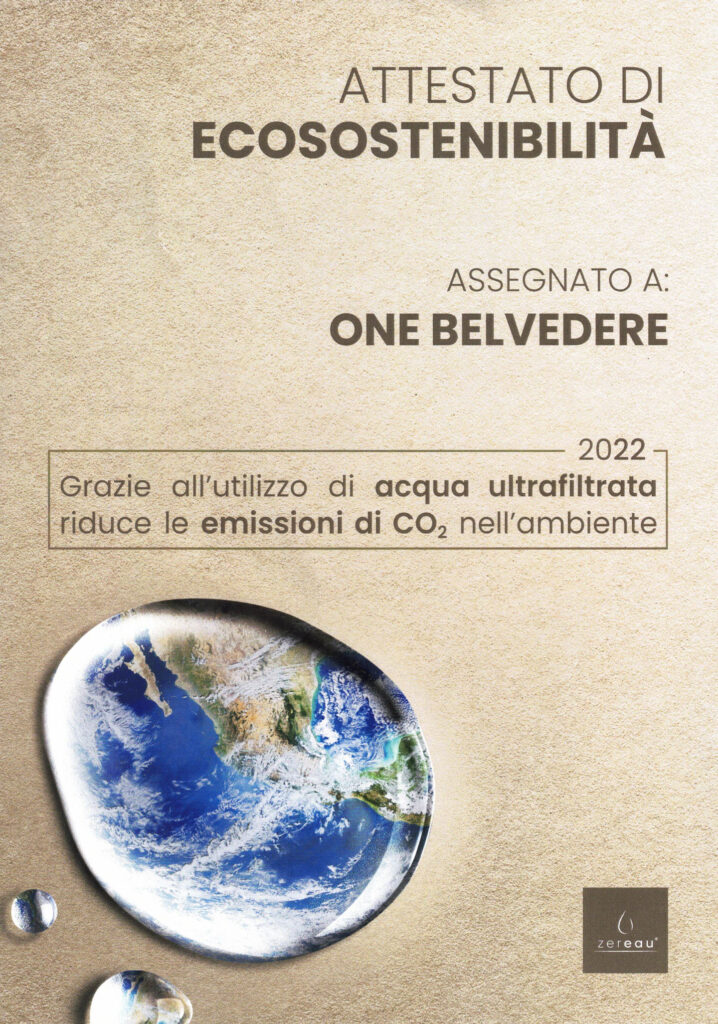About Marco Nardini
I am an agronomist working with regenerative agriculture.
I bring innovation and adaptation to climate crisis in a 1000 hectares of historic winery in Chianti Classico as sustainability manager.
With my company Agro Metrica, I design agro-eco-systems capable of increasing soil fertility and water availability in Italy, Denmark and Morocco.

When did you find out you wanted to enter the world of agriculture/wine making?
I grew up on a farm where my grandfather produced wine and cereals. With my grandmother, I tended to the vegetable garden where we grew most of the food we ate. From an early age, traditional management techniques seemed absurd to me. The amount of time and energy spent was disproportionate to the products harvested. I saw soil eroded by every rainfall and enormous amounts of water used on poorly-structured land to grow vegetables. All of this motivated me from a young age to seek alternative solutions to these problems. During high school, my passion for this only grew, and I decided to study agriculture at university.
What do you like most about the trade?
What I particularly like about agriculture is the fact that the necessary skills are extremely diverse, and one never stops learning by comparing oneself with others. It’s fascinating to see the same plants grow in different climates, pruned with different techniques, and managed in often opposing ways, giving an infinite variety of different products, highlighting their extreme plasticity and ability to find balance in every situation.
Have you witnessed a change within the last years within the industry? Do you see it as negative or positive?
The ongoing climate crisis is highlighting the limitations of conventional agriculture that have emerged since the 1960s to many farmers. In many ways, farming today is becoming increasingly difficult, and technical skills are becoming more necessary even for ordinary crop management.
Unfortunately, I observe that there are few companies capable of dealing with the increasing instabilities that are arising. Despite all this being extremely negative, I see that many are now more open than ever to a profound change. I hope that this situation can generate a paradigm shift and a reconsideration of how we are managing the landscape, completely altering the way we farm.
What are the most valuable things you’ve been taught to get to where you are now?
The ability to observe may seem trivial, but in fact, most problems arise from a lack of it. Plants may not speak, but they show everything they need and the problems they face to those who know how to see. Similarly, it is possible to understand the state of the soil simply by looking at the wild plants growing there. Likewise, a person who observes with curiosity is able to understand how to manage plants and animals to the best of their abilities.
What is unique about the environment you work in? What can you find here you can’t find elsewhere?
Open-mindedness and a willingness to do things to the best of one’s ability are essential. All possibilities are evaluated without stopping at the fact that there may not be much evidence for the innovations being pursued. The focus is on excellence and continuous improvement. All of this is extremely stimulating.
What advice would you give someone who would consider entering the business?
I recommend experiencing as much as possible and traveling as much as possible. Nowadays, the comparison is no longer with the farmer next door, but with the company on the other side of the world. Solutions to similar problems in other countries can help us cultivate better as well.
At the same time, however, I also advise not to be blinded by solutions that work well elsewhere and copy them exactly, because even with minor changes in the environment where they have not been developed, they could have completely different results.
What keeps you going when the going gets tough (when things are more difficult)?
Farming teaches you to have a lot of patience and to never take anything for granted. Even the best harvest can be lost due to a single adverse event. It can often be very frustrating to see sacrifices and investments, even of years, being swept away in just a few hours, witnessing the destructive power of nature. In my opinion, it is a great lesson in humility.
I believe that the urge to question, observe, redesign, and improve should never be lost.















